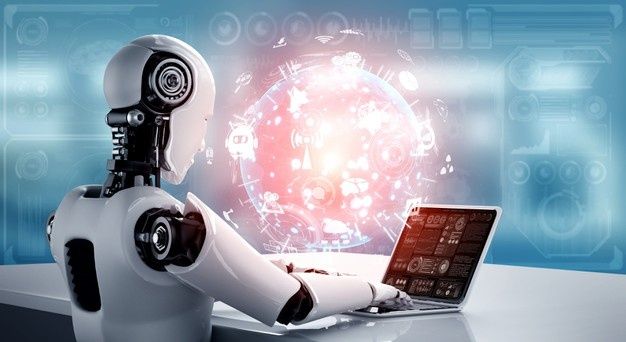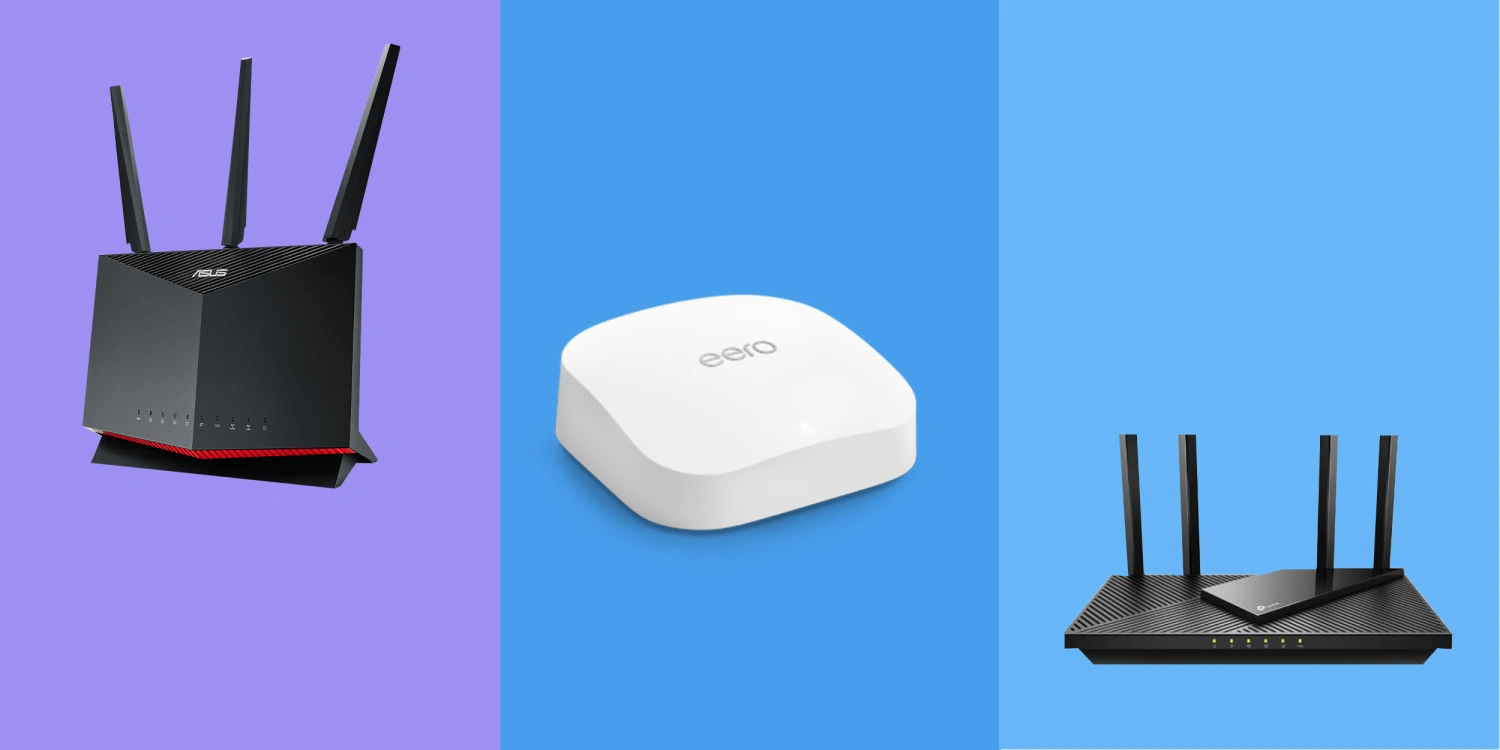
Laptop Designed for AI Processing
Currently, most artificial intelligence-powered applications are web-based or require an internet connection. To use AI, you’d typically connect online to a server hosting the AI, utilizing its robust processing capabilities. However, trends suggest that AI functionalities will soon become available offline. You’ll need a laptop equipped to handle complex AI-driven tasks to leverage this. Here are some features of laptops designed to manage AI.
The integration of Artificial Intelligence (AI) in laptops is reshaping the landscape of personal computing, ushering in a new era of intelligent, intuitive devices. As AI technology advances, laptops are evolving from mere tools for productivity into intelligent companions that can anticipate user needs, optimize performance, and enhance security.
The Rise of AI in Laptops
AI laptops leverage machine learning algorithms and deep learning networks to analyze user behavior and adapt accordingly. This allows for a personalized computing experience, where the computer can predict and streamline tasks based on individual usage patterns.
Key Features of AI Laptops
- Performance Optimization: AI algorithms can allocate resources efficiently, ensuring optimal performance for demanding gaming or video editing tasks. AI laptops can adjust CPU and GPU usage in real-time by predicting workload patterns, reducing power consumption, and extending battery life.
- Enhanced Security: Facial recognition and biometric sensors powered by AI offer a more secure and convenient way to unlock devices and protect sensitive data. AI can also monitor system behavior for signs of malware or cyber threats, providing proactive security measures.
- Intelligent Voice Assistants: AI-powered voice assistants like Cortana, Siri, and Alexa are increasingly integrated into laptops, enabling hands-free operation and natural language interaction. These assistants can perform various tasks, from setting reminders to controlling smart home devices.
- Adaptive Learning: AI laptops can learn from user preferences and habits, customizing settings and recommendations over time. This adaptive learning capability enhances productivity by streamlining workflows and reducing repetitive tasks.
Challenges and Considerations
While AI laptops offer numerous benefits, there are challenges to consider. Privacy concerns arise as these devices collect and process personal data. Ensuring data security and user consent is crucial. Additionally, the cost of AI-enabled laptops may be higher than traditional models, though prices are expected to become more competitive as the technology becomes mainstream.
The Future of AI Laptops
The future of AI laptops is promising, with ongoing advancements in AI and machine learning set to unlock even more innovative features. We can expect laptops with intuitive interfaces, advanced predictive analytics, and seamless integration with other smart devices.
In conclusion, AI laptops represent a significant leap forward in personal computing, offering a blend of performance, convenience, and security. As AI continues to evolve, these smart devices will become increasingly integral to our daily lives, transforming how we work, play, and interact with technology.





